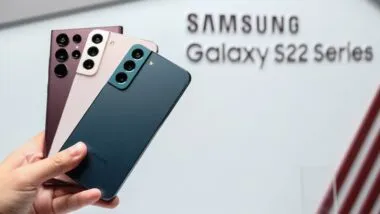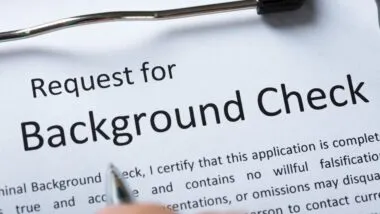 Many cell phone owners receive an occasional bit of text message spam from time to time, however, many users do not know that it is often illegal for businesses to send these prohibited text messages.
Many cell phone owners receive an occasional bit of text message spam from time to time, however, many users do not know that it is often illegal for businesses to send these prohibited text messages.
According to the Federal Trade Commission, text message spam can be a method for thieves to get users to reveal personal information. They mention that often text message spam promises free gifts, product offers such as cheap mortgages or debt relief services.
Personal information that is unsafe to reveal to those who send text message spam includes personal financial information such as bank account numbers, how much money you make or credit card numbers.
Aside from asking consumers to reveal personal information, text message spam may also lead to unwanted cell phone charges if your carrier charges you for receiving messages. It can also take up memory on your phone and thereby slow cell phone performance.
It is important to note that if a business sends text message spam to your phone, it is usually illegal. Unless the sender of text message spam has your permission, it goes against the Telephone Consumer Protection Act, or the TCPA. The TCPA protects consumers against unwanted cell phone calls and text message spam.
According to the TCPA, it is illegal to send unwanted email or text messages to wireless devices without the permission of the recipient. Additionally, if a message is sent via an autodialer, it is also illegal.
There are a few exceptions to the TCPA. If a company has a relationship with the recipient, there may be exceptions to sending text messages and making phone calls. Still, businesses must abide by certain regulations when sending messages to insure the messages they send are not text message spam.
Also, non-commercial messages such as political or fundraising calls may be exempt from TCPA regulations.
How Can I Protect Myself from Text Message Spam?
The FTC offers a few ways that consumers can protect themselves from unwanted phone calls and text message spam.
They suggest deleting messages that request personal information and not to reply or click on links provided in the message. Sometimes these links can install malware on your personal devices.
The FTC also suggests that users be very protective of their personal information and that consumers never give out any information like this via text including credit card numbers or social security numbers.
A smart consumer can also put his or her phone number on the National Do Not Call Registry to avoid unwanted phone calls.
If you believe you have been the victim of unwanted phone calls that violate the TCPA or a victim of text message spam, you may be entitled to legal compensation.
Join a Free TCPA Class Action Lawsuit Investigation
If you were contacted on your cell phone by a company via an unsolicited text message (text spam) or prerecorded voice message (robocall), you may be eligible for compensation under the Telephone Consumer Protection Act.
ATTORNEY ADVERTISING
Top Class Actions is a Proud Member of the American Bar Association
LEGAL INFORMATION IS NOT LEGAL ADVICE
Top Class Actions Legal Statement
©2008 – 2026 Top Class Actions® LLC
Various Trademarks held by their respective owners
This website is not intended for viewing or usage by European Union citizens.















77 thoughts onText Message Spam May Be Illegal
I can agree with almost every single one of these messages. I get hundreds of spam calls, texts, and emails a week. It’s so bad that I hate checking my emails because there are so many. And I block phone calls and reply stop to texts and ten report as spam. Still they keep sending.